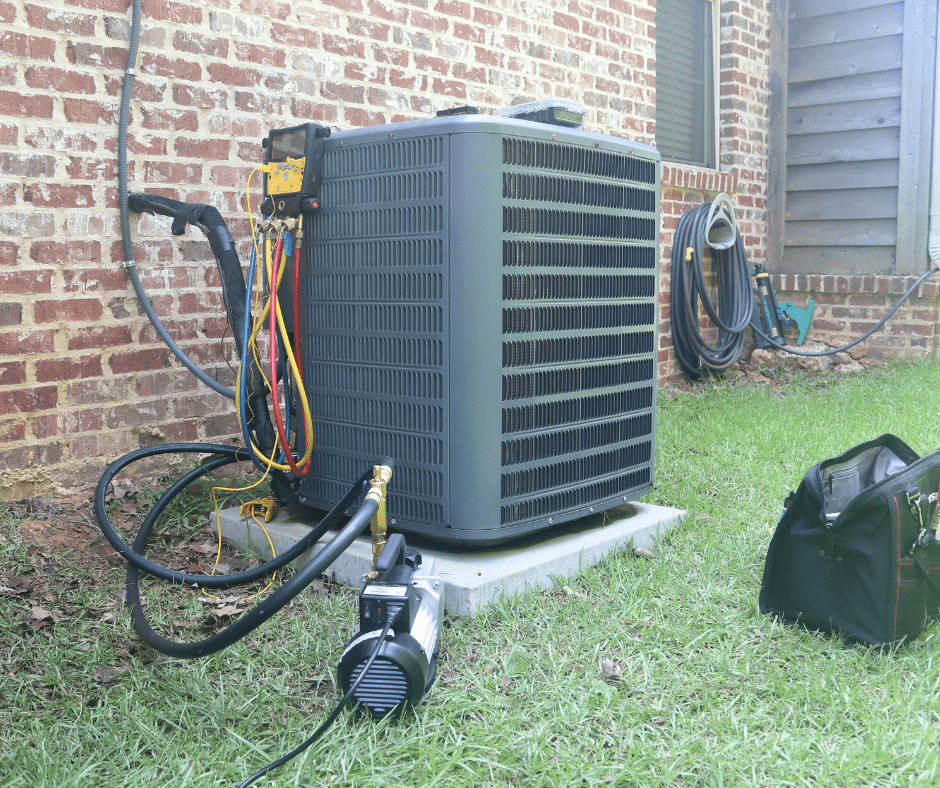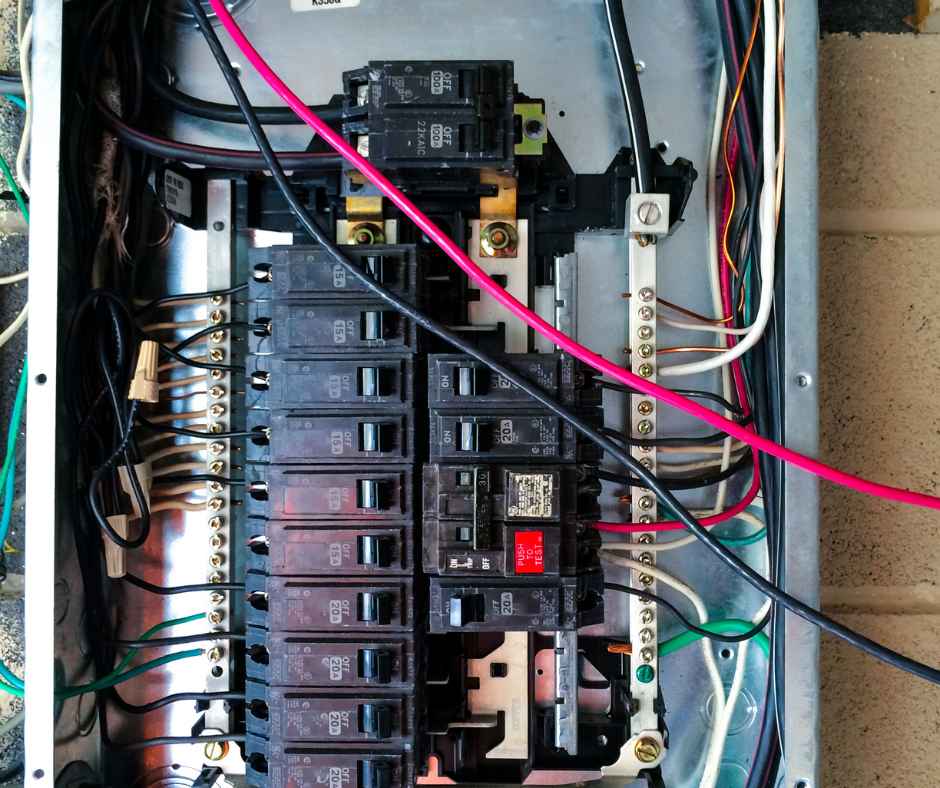Mega Furnace Tune Up FOR $99! BOOK NOW
Is Your Home Properly Grounded?

<_>
What is electrical grounding?
Grounding adds safety to your home. Electricity travels the path of least resistance. When there’s too much supply, it needs to go somewhere. That’s where grounding comes in.
If we didn’t have grounding in our home, the entire force of the current would move into your appliances, your electronics, or possibly you. 
Both your home’s electrical box and your home’s outlets need to be connected to this grounding wire to be properly and safely grounded. If not, you and your home could be at risk.
Newer homes are usually properly grounded due to increased safety regulations. Older homes, however, may not have the same regulations in place. Homes built before 1950 are at greatest risk. But even newer homes can have increased risk if they have DIYers at work.
When you purchased your home, were modifications and additions in place? Did the previous owners add in a new outlet, change out appliance, or modify the construction of a room?
Without special testing equipment, it’s sometimes difficult to tell. Just because you have three prong outlets doesn’t mean the outlet is properly grounded. These outlets must be properly wired into your home’s main grounding wire for proper protection.
There is also more to grounding than a big metal rod buried in the dirt. Metal pipes called conduits can also be used to hold and protect your electrical wiring and act as a grounding device. Wires must be attached properly to operate correctly.
Grounding problems might not be noticeable right away. But grounding problems can be big problems. Without grounding, electrical charges build up in wiring and create slight but continuous damage to delicate electronics. This can damage computers and audio equipment, shorten lives of any electrical appliance especially if it has smart technology attached to it.
The only way to find out for sure is to have a qualified electrician check out your electrical system with a special tester.
Is your home safe?
Heater on the fritz? Frustrated with plumbing problems? R.S. Andrews is just a call away!





